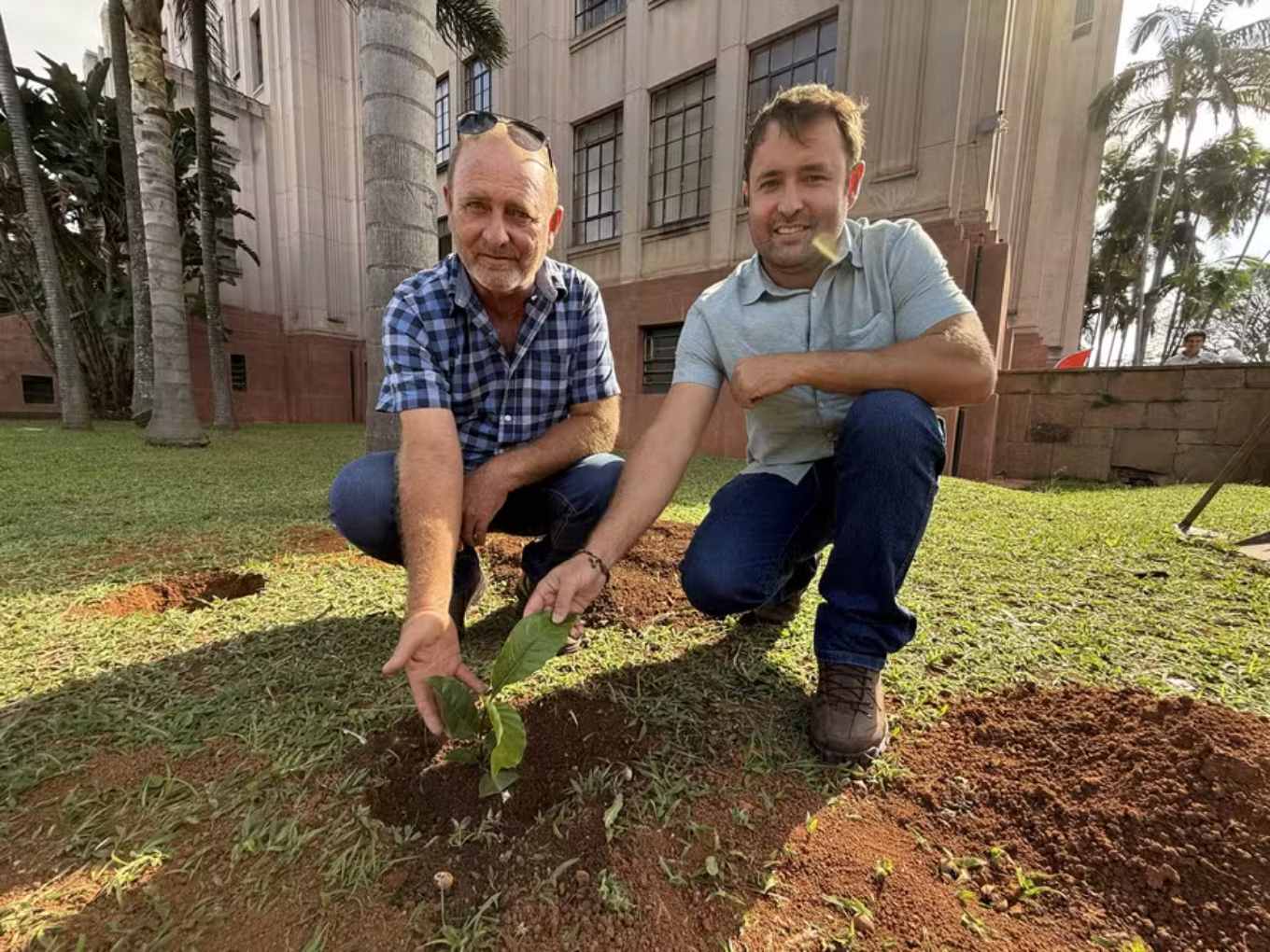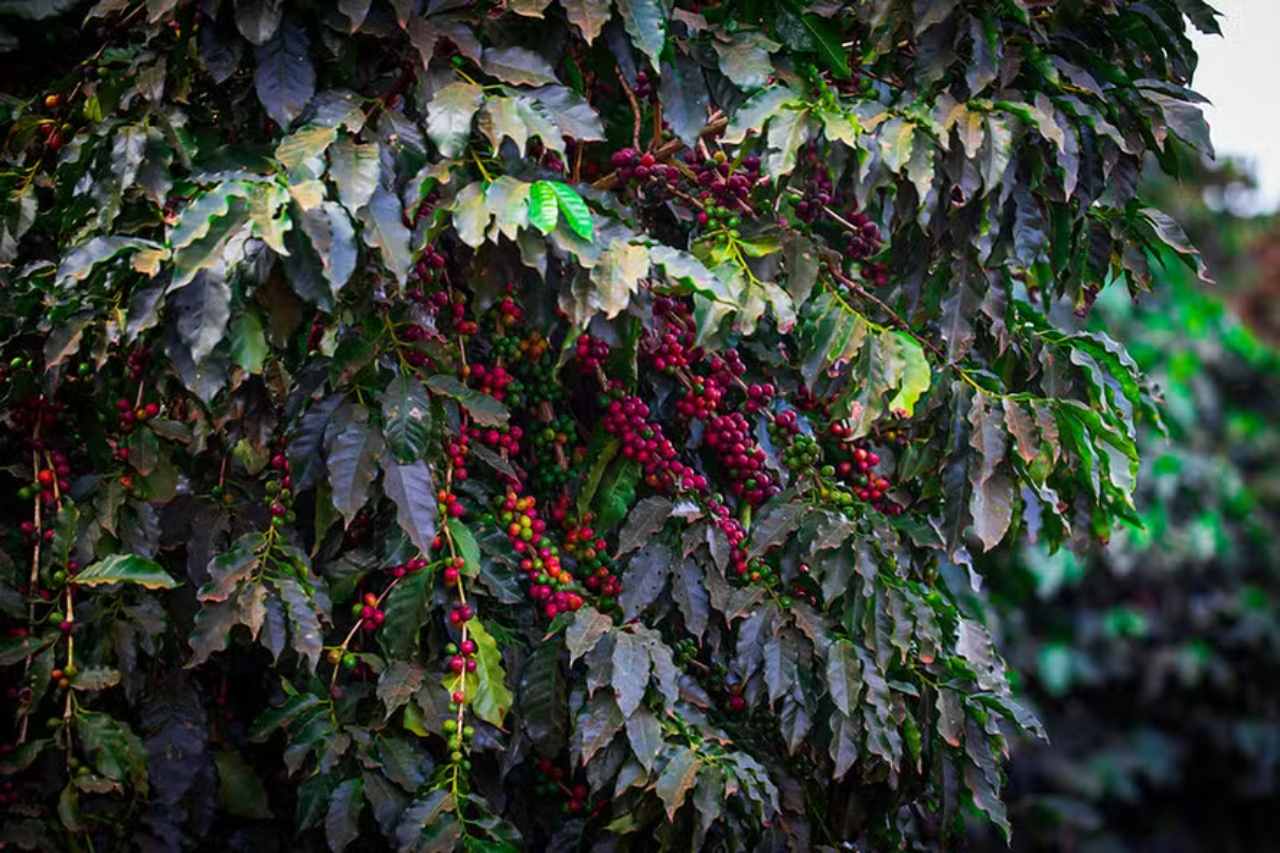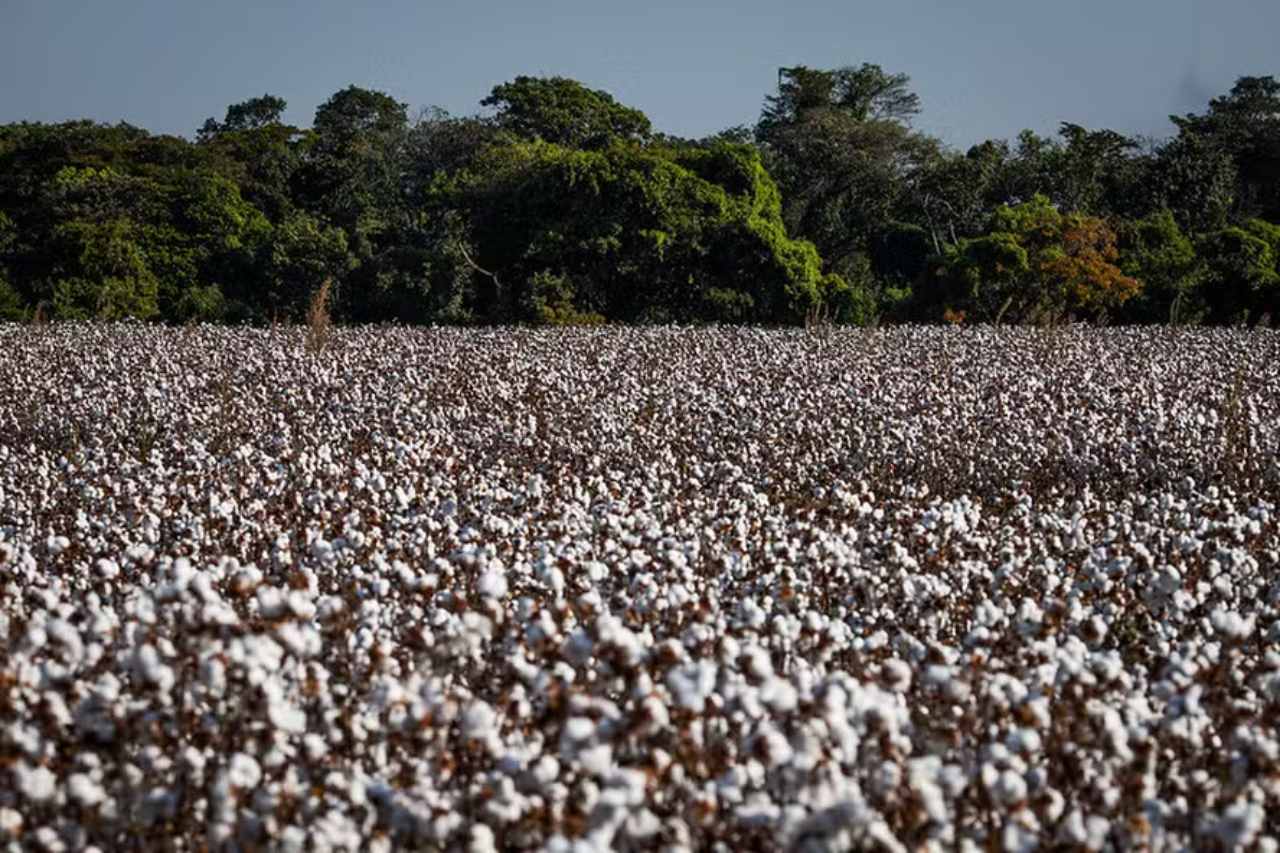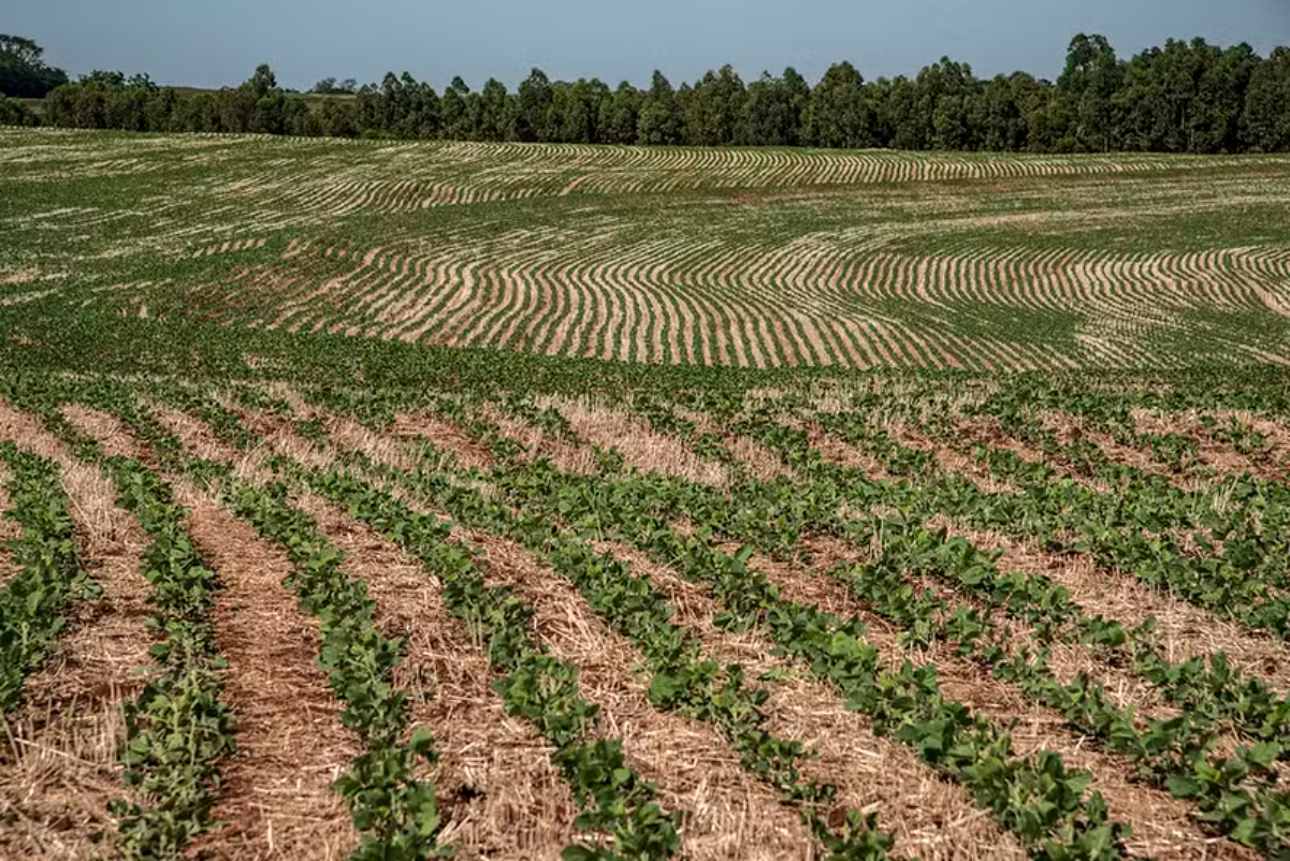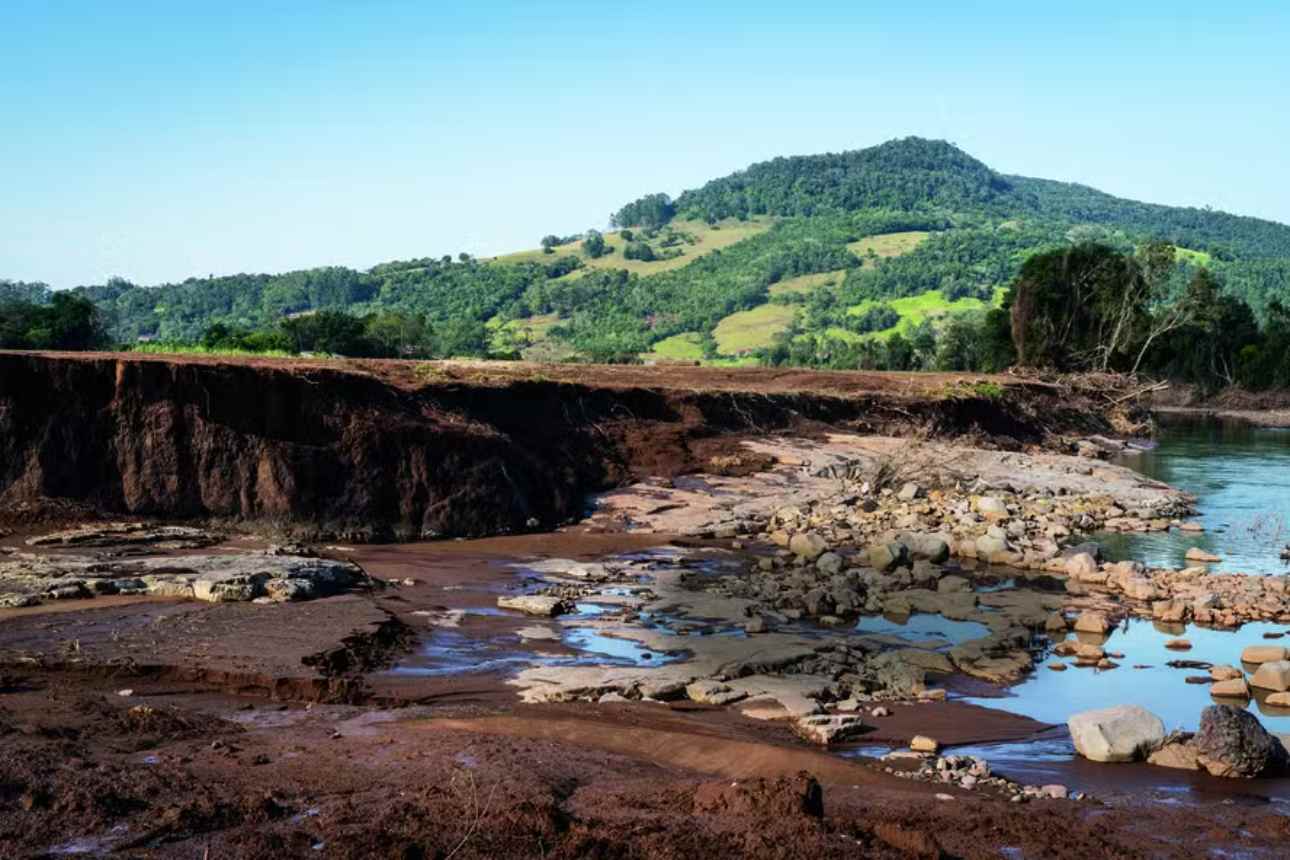Historical Context and Current Revival
The São Paulo state, once a coffee production powerhouse during the 19th century, witnessed a decline in its coffee sector due to yield losses and unfavorable conditions. However, producers in the West region are now rediscovering coffee cultivation, focusing on Coffea canephora varieties: conilon and robusta. These varieties, typically grown in Espírito Santo, Bahia, Rondônia, and Acre, have gained attention due to competitive prices and their suitability for gourmet coffee blends.
Emerging Producers and Renewed Interest
Young producers like Talles Gabriel Martins da Conceição are leading the resurgence. Talles, along with his family in Pindorama, São Paulo, has cultivated conilon and arabica coffee on a small 0.5-hectare plot. After abandoning coffee for 20 years due to pest-related crop failures, the family leveraged technical guidance from the Campinas-based Cati (Coordenadoria de Assistência Técnica Integral) to redesign their plantation.
The Canéfora São Paulo Project, spearheaded by the São Paulo State Agriculture Secretariat, has been pivotal in promoting coffee cultivation in former coffee-rich regions like Pindorama and Tabapuã.
New Practices and Challenges
Producers employ dense planting techniques, with plants placed closer together to maximize small land areas. Additional investments in irrigation systems are planned to manage water absorption effectively, a critical factor in São Paulo’s variable climate.
Tabapuã’s Transition
Tabapuã, once a significant coffee producer, is now transitioning back to coffee cultivation. After decades of dominance by citrus and sugarcane, local farmers, supported by private-sector initiatives like Colombo Industries, are replacing these crops with robusta coffee. This shift aims to improve economic returns on smaller plots of land.
Economic and Technological Prospects
Producers emphasize the economic resilience of coffee compared to other crops. For instance, coffee offers the ability to store harvested beans, unlike perishable fruits. Additionally, new investments in machinery tailored to small and medium-scale production are expected to enhance efficiency.
The Canéfora SP Project
Launched in October 2023, the initiative seeks to revitalize São Paulo’s coffee sector by ensuring economic and agricultural sustainability. With backing from the state government and research institutions, robusta and conilon trials have confirmed the region’s potential for high-yield cultivation.
Looking Ahead
The revival of coffee cultivation in São Paulo’s West not only honors its historical significance but also represents a shift toward sustainable, high-value crops. By combining tradition with innovation, the region aims to establish itself as a competitive player in Brazil’s coffee industry once again.

